If there was ever a sign that COVID restrictions were coming to an end, it was the Natural Products Expo West this March. We – along with no less than 50,000 others – were delighted to be there in person(!) to attend the return of the bustling trade show.
The Expo showcased brands, big and small, displaying an incredible diversity of natural, organic, and healthy products. It is not surprising that the turnout was so large: the market for natural and organic products is forecast to surpass sales of $300 billion by 2023 and continue to grow up to $400 billion by 2030.
This growth is fueled by customer demand, as previously niche categories become ever more mainstream. This is the case for ‘natural’ cosmetics and food products, where the ingredient lists are becoming shorter, more natural, and more easily read. The sheer number of (increasingly delicious) plant-based meat alternative brands at the Expo is also indicative of how diets are changing.
We at rePurpose Global aren’t here to regurgitate the headline trends, however. Having racked up around 250,000 steps on the floors of the Anaheim Convention Center, our team put our heads together to think about what’s happening beneath the surface. Below are four things we found interesting:
1. Go bold or go home
In halls filled with thousands of brands, it can be difficult to stand out. We, humans, tend to unconsciously filter out information as a coping strategy, which paves the way for salient messaging to make its mark… and brands are going bolder than ever!
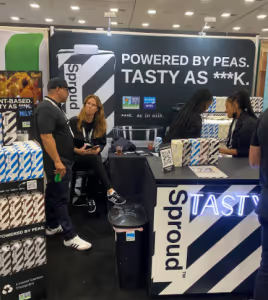
Whether it’s nice wordplay, like Caulipower, or more in-your-face branding like Liquid Death’s metal/punk rock aesthetic (positioning canned water as an alternative to beer or energy drinks) there was no shortage of salient branding on offer.
Maybe it was just us (!?) but more irreverent messaging such as Tattooed Chef’s “Plant-based foods for people who give a crop” and Sproud’s “Tasty as ***k” also stuck in our minds (it’s Milk, by the way), as did Gen Z Water’s very cheeky attempt to sell “Flavorless Transparent Liquid”.
2. Setting an ex-sample and curating the brand experience
Aside from salient branding, how do you differentiate from others in a crowded expo environment?
For most exhibitors, it was all about showcasing their products (though it doesn’t hurt to wheel out Jason Momoa – see header image!). With retailers scrambling to catch up with the latest consumer expectations, this was a prime opportunity for organic and sustainable-focused brands to – literally – give them a taster.
The ensuing abundance of free samples was excellent news for those of us who attended, who remained well-nourished and refreshed throughout.
It was less good news for those collecting the trash, who were kept extremely busy by bins repeatedly filling with sample pots, bottles, cans, and other packaging materials. There were very few brands that actively provided recycling or collection points for their products – but shout-outs to ZenWTR and Rain for being notable exceptions.
The Natural Products Expo recycling effort certainly needed more support. There were huge amounts of different types of waste generated, but also visible contamination of the recycling bins. Perhaps in the future, New Hope (the organizers of the Expo) might consider issuing guidelines on samples, improved messaging in the bin areas, and/or waste offsets as ways to mitigate this issue.
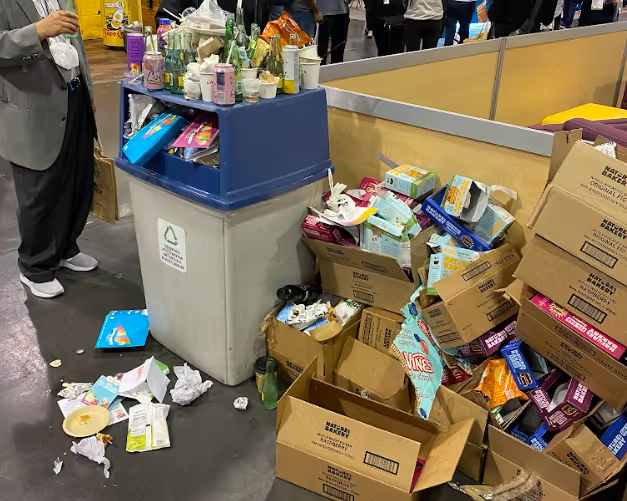
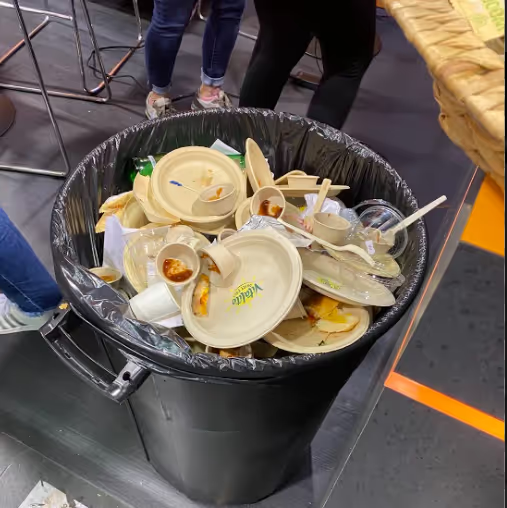
But in general, we were left questioning if brands were undermining their credentials by focusing on samples and not also creating more holistic and mission-led experiences.
With retailers actively seeking out purpose-driven brands, there is an opportunity at Expos to create something experiential that communicates the brand’s ethos. Brands that did this well at NPE achieved this through interactive elements such as displays, artworks, and games. These tangible and interactive components could be developed a lot more to show prospective retailers how serious and engaged brands are about their mission.
3. Talking with customers, not at them
Sustainability was a key theme: evident in everything from the Expo’s Climate Day talks to large branded displays on regenerative farming.

Though there’s undoubtedly still a long way to go — even in these sectors — many brands have sustainability-related messaging. Yet for many that we saw, there remained a tendency to talk at the consumer about sustainability initiatives rather than talking with the consumer and involving them in actions. With increasing accountability and sky-high consumer expectations, brands may still be fearful of trying to achieve perfection and falling short, but creating a dialogue with customers can help them to walk together on a path of progress.
Where this is done well is when an element of sustainability is right at the core of the brand purpose. Take Mananalu, for example, whose purpose of reducing ocean plastic is supported both by their use of recycled aluminum bottles, and their rePurpose Global certification. For every bottle that is sold or donated, their partnership with rePurpose ensures the removal of the equivalent of one plastic bottle from ocean-bound waste. This purpose is clear and forms a key feature of their customer touchpoints.
4. Purpose plus certifications start the right conversations
Speaking of Mananalu, we were delighted to see them and many other rePurpose Global partners across the Convention Center proudly displaying their Plastic Neutral (or Plastic Negative) certification.
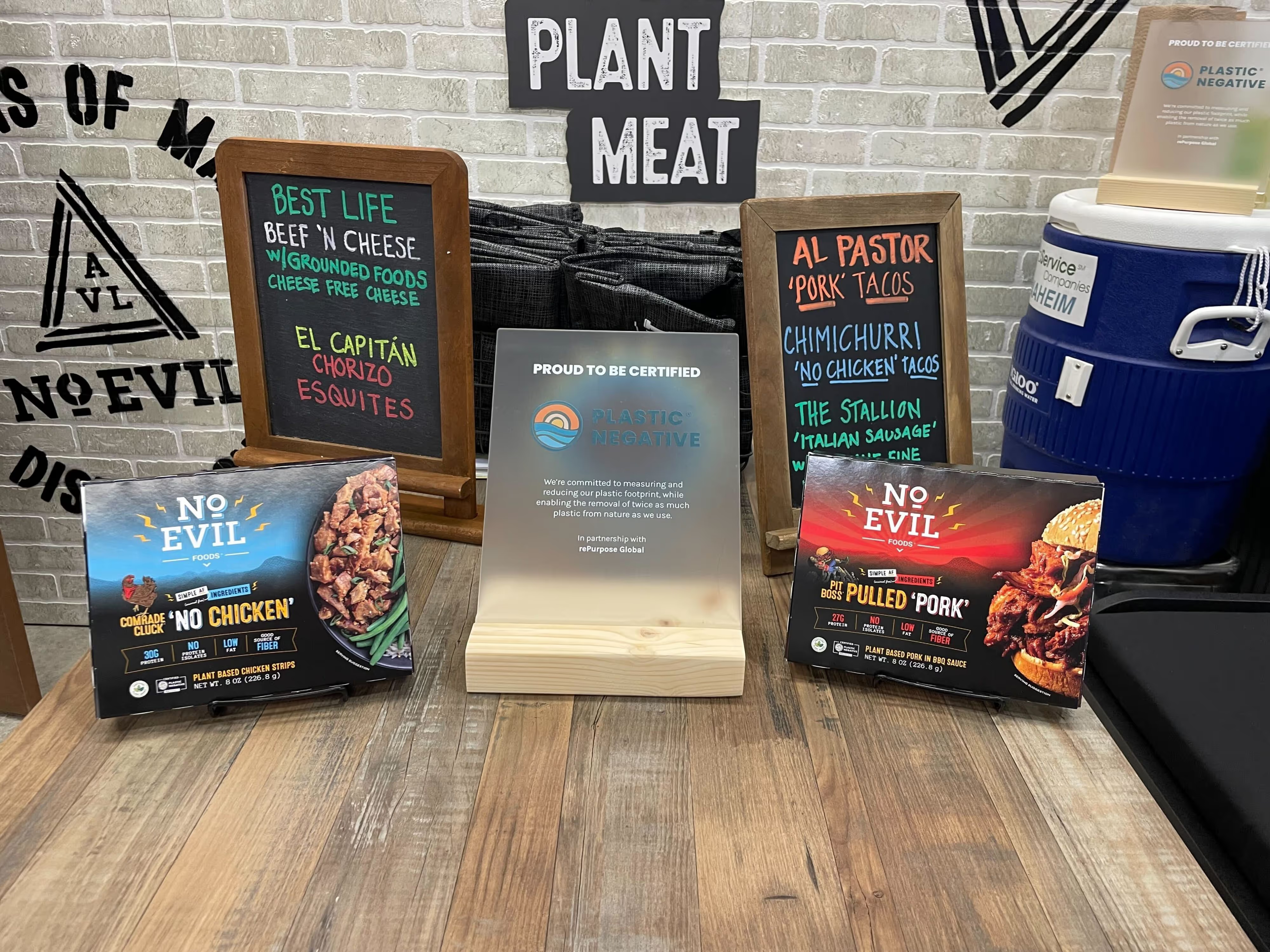

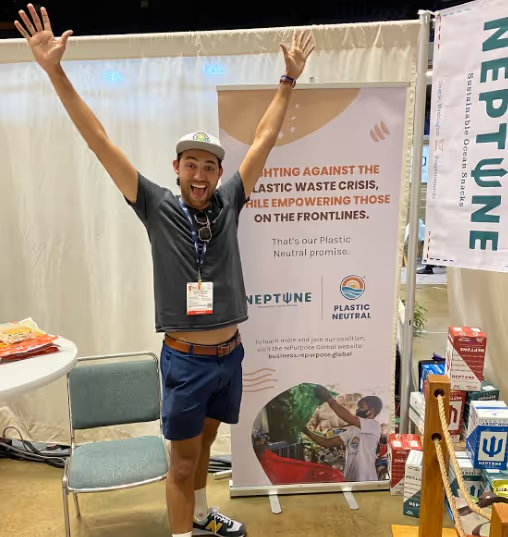
There were a lot of certifications on display on the Expo booths, with brands displaying their credentials: Organic, Vegan, 1% for the Planet, Sugar-Free, Non-GMO, Gluten-Free, Kosher… the list goes on.
As mentioned above, retailers are increasingly playing catch-up with consumer expectations around sustainability and health. Certifications are a way for brands – and in turn, retailers, to prove they meet these expectations.
Prominent certifications can therefore be a great talking point, particularly if they communicate a social and/or environmental purpose. Many of our partners told us that the rePurpose Global banners and plaques displaying the ‘Plastic Neutral’ certification logo sparked a lot of positive conversations.
Being bold about your brand’s purpose and supporting it with legitimate certifications can support brands to get noticed, and have those great conversations with retailers!
—
With the new era dawning after Covid restrictions, conscious consumers are looking for purpose-driven brands now more than ever. Though there’s still a long road ahead of us, it was great to see so much of this new paradigm on show at the Expo!

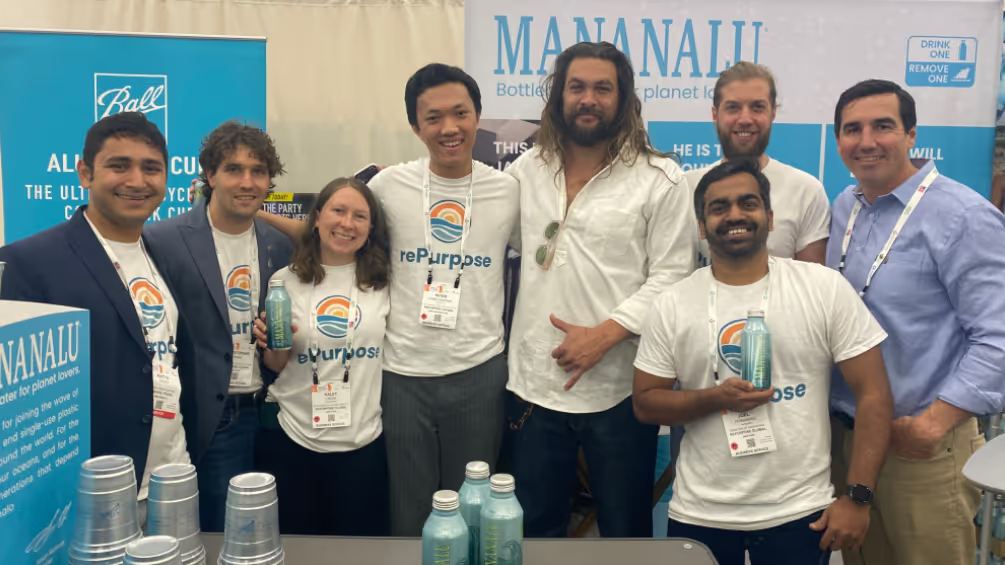
.avif)
.avif)
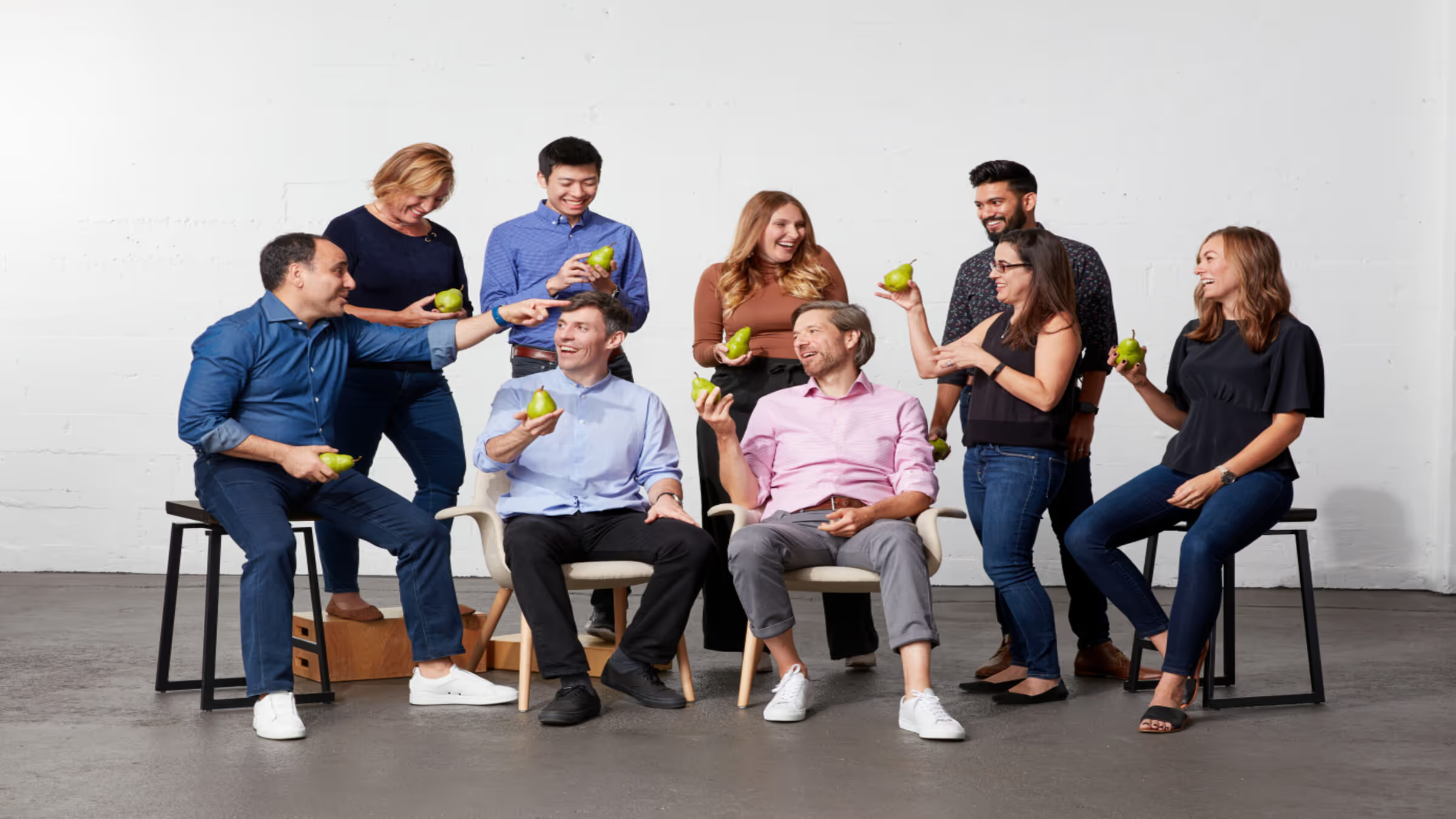
.avif)






